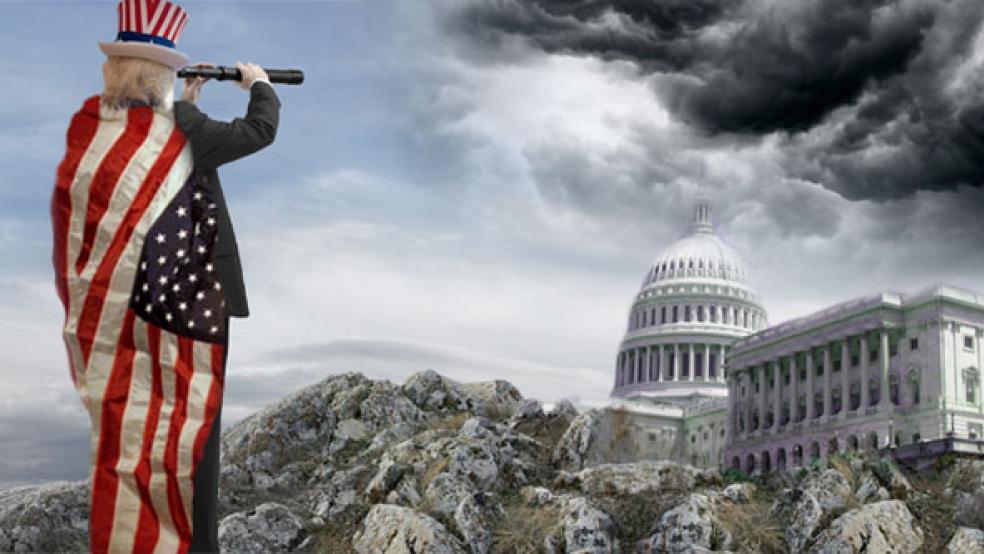The federal budget deficit for fiscal year 2019 was nearly $1 trillion. “In the next downturn, don’t be surprised if this number hits $2 trillion,” writes Nick Timiraos, The Wall Street Journal’s chief economics correspondent.
Timiraos notes that the Federal Reserve will have less room to cut its benchmark interest rate in response to the next downturn — and that the extraordinary tools it employed in response to the 2008 financial crisis probably won’t pack the same punch. “Long-term interest rates are already too low by historical standards for those other tools to be fully capable of delivering the punch that will be needed to counter the next recession, no matter how hard the Fed pushes on them,” David Wilcox, former head of the Fed’s research and statistics division, told Timiraos.
So while Fed officials are reviewing their options for most effectively fighting future downturns, many economists have concluded that fiscal policy will have to play a greater role in responding to a recession. But Fed officials have been reluctant to make fiscal prescriptions to politicians, Timiraos writes:
Fed officials are reticent out of fear that would muddy the traditional separation between fiscal policy—the product of often highly politicized debates in Congress and the White House—and monetary policy, which the Fed tries to shield from partisan politics.
But the Fed’s lack of tools makes it important, some economists and former central bankers say, for policy makers to discuss in the open now what the parameters for any potential coordination would look like. …
Addressing the issue now would help minimize these complications in an economic emergency, and it could restore investor confidence that policy might still have some recession-fighting power.





